Keywords: Work Life Balance
-

ARTS AND CULTURE
- Paul Mitchell
- 03 February 2023
6 Comments
Through exploring the work of nine Catholic American authors — with special focus on Flannery O’Connor, Toni Morrison, Cormac McCarthy and Don DeLillo — Longing for an Absent God boldly attempts to discover what it is about faith and the desire for transcendence that exerts such influence over the popular imagination.
READ MORE 
-
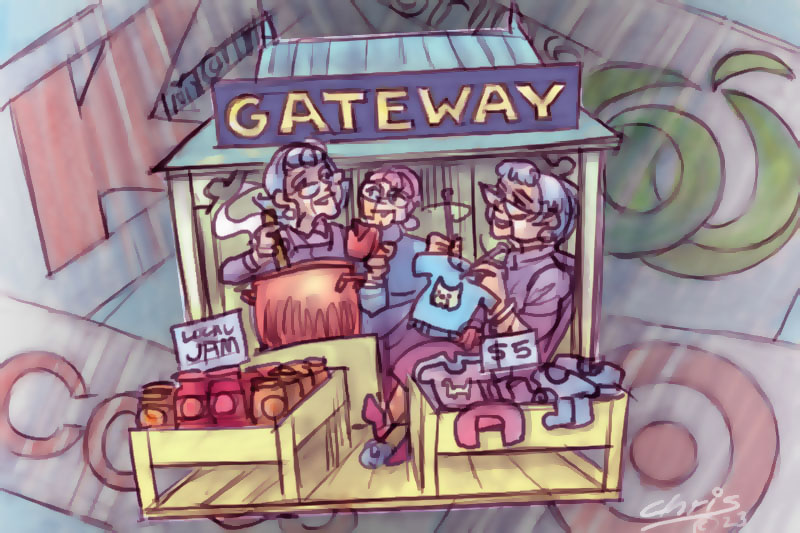
AUSTRALIA
- Andreana Reale
- 25 January 2023
3 Comments
Threatened with the closure of the local nursing home, leaving elderly residents stranded, locals in Dimboola are selling home-grown produce to raise money to save the facility. And at the same time, they're breathing new life into the local sharing economy.
READ MORE
-

ARTS AND CULTURE
- Philip Harvey
- 02 December 2022
3 Comments
Wendy Beckett and Orbis Books publisher Robert Ellsberg exchanged letters on a near daily basis during the last three years of Sister Wendy’s life. What began as a correspondence on saints evolved into a joyful and intimate exchange about the nature of love, suffering and the need for daily grace.
READ MORE 
-
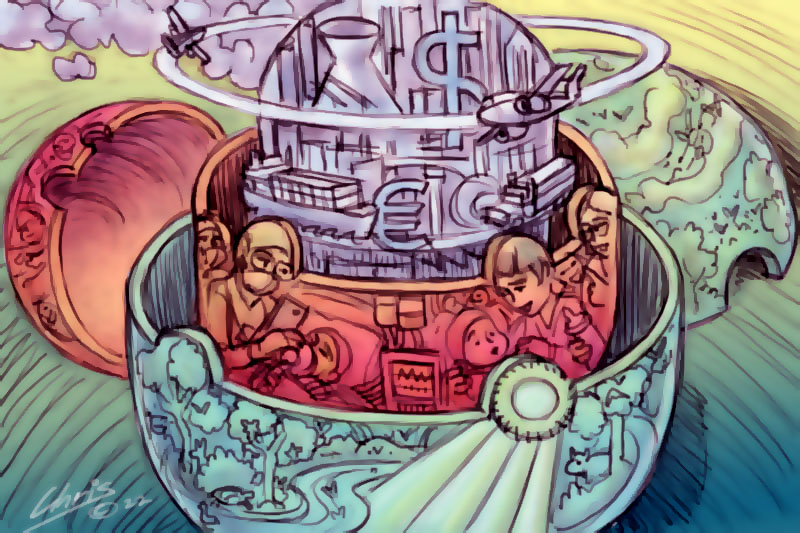
ECONOMICS
- Justine Toh
- 24 November 2022
1 Comment
When we talk about ‘the economy’, we assume there’s only one worth knowing about: the market economy. That’s why we speak about the economy and GDP in the same breath: we treat the sum of goods and services produced and sold — and the profits we hope they’ll add to the bottom line — as our measure of the health of the nation. Which would be fine if the market economy was the only one that existed.
READ MORE 
-
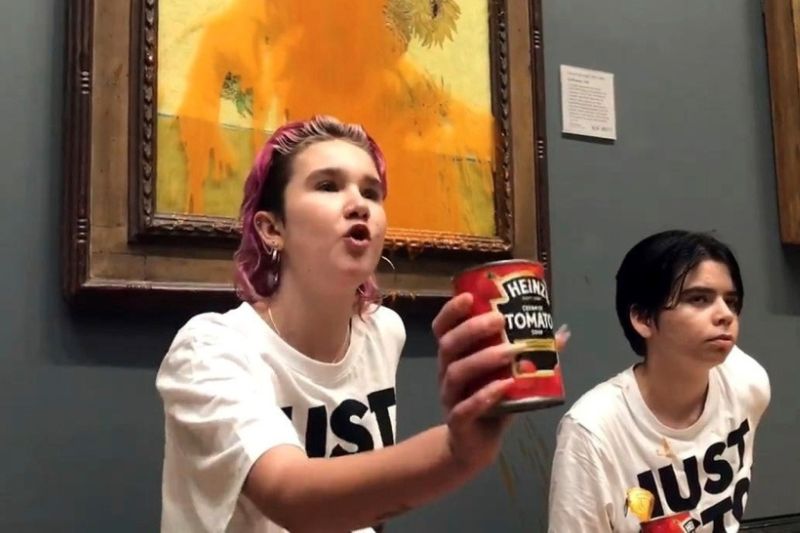
INTERNATIONAL
- Andrew Hamilton
- 02 November 2022
2 Comments
The campaign against global warming has been heating up, and the latest protests have focused on works of art. Like the burning of books, assaults on paintings seemed to express contempt for human culture at its noblest. But as more details became public, the reality seemed more complex.
READ MORE 
-
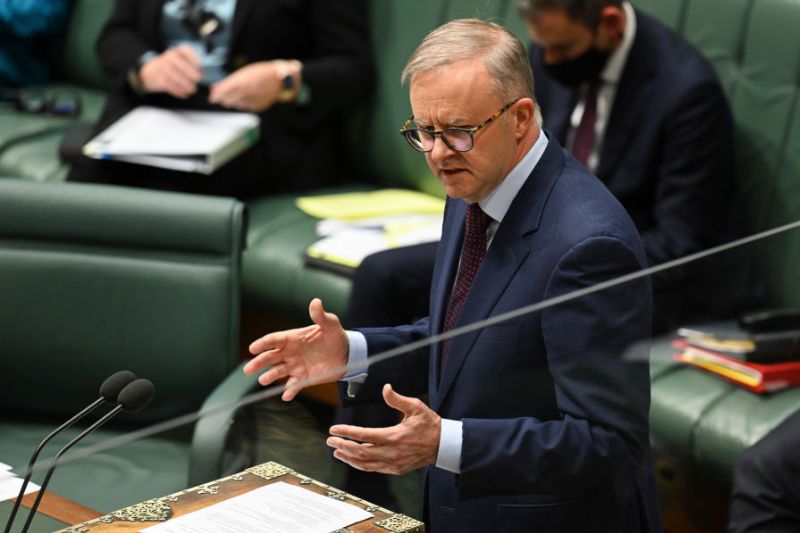
AUSTRALIA
- Frank Brennan
- 28 October 2022
6 Comments
In recent years, Australian policies in relation to asylum seekers and refugees have been unnecessarily mean, cruel and disorganised. The election of the Albanese government provides the opportunity for a reset, putting behind us the past mistakes of both Coalition and Labor Governments in the last 20 years.
READ MORE 
-

ECONOMICS
- David James
- 28 October 2022
Who wields the most power in the world? If one follows the money trail, it becomes clear that Western societies have become ruled by a new type of aristocracy: a management aristocracy.
READ MORE 
-

INTERNATIONAL
- David Halliday, Beth Doherty, Tim Dunlop, Matthew Howard
- 26 August 2022
When former Facebook employee Frances Haugen released a trove of documents revealing internal research on the negative effects its social media products were having on mental health, the darker side of social media became hard to ignore. So how might the harmful effects of social media be mitigated into a social benefit for a saner, more coherent society?
READ MORE 
-

AUSTRALIA
- Andrew Hamilton
- 27 July 2022
2 Comments
Over recent weeks many people have expressed alarm and despondence at the rising number of infections and deaths from COVID. Just as we were enjoying freedom from restrictions we found ourselves encouraged to work from home if possible and to wear masks. The crisis and the recommendations recall the first onset of COVID in Australia. Yet the response of Governments is much less forceful. The differences between the responses and the reasons for them merit reflection.
READ MORE 
-
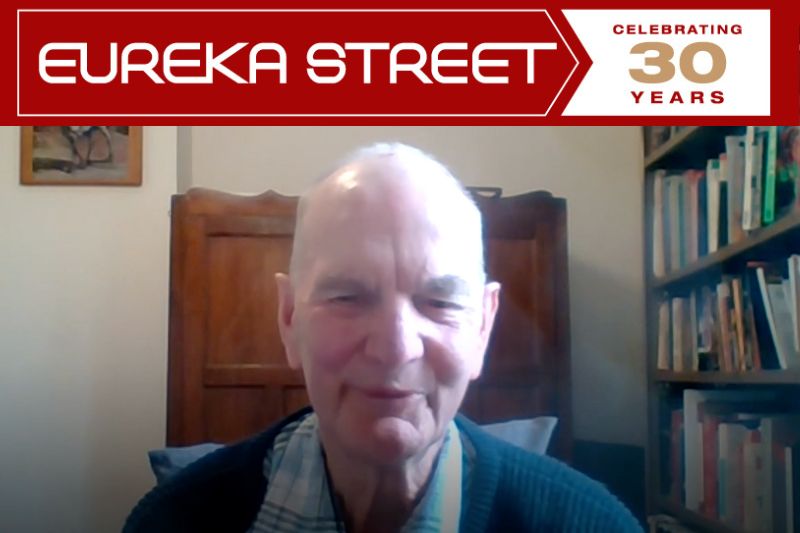
MEDIA
- David Halliday
- 29 June 2022
1 Comment
As part of the 30th anniversary of Eureka Street, we're running conversations with the team who first started the publication in 1991, alongside various people who have played a part in the Eureka Street story. In this video, Eureka Street editor David Halliday speaks with Eureka Street consulting editor Andrew Hamilton SJ.
READ MORE
-
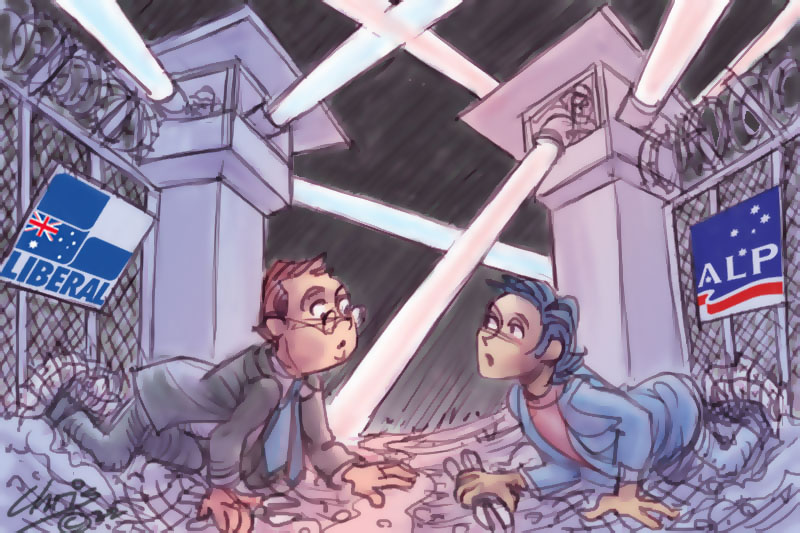
AUSTRALIA
Most of us accept that over the last twenty-odd years, something has shifted in the way politics in Australia is conducted, and not for the better. Notably, our government (and media) are seen by most voters as a dividing force within society rather than a uniting one.
READ MORE 
-

AUSTRALIA
- Tim Dunlop
- 26 October 2021
2 Comments
We are in the midst of what is being called the ‘the Great Resignation’, with millions of workers rethinking the place of work in their lives, and WFH is a huge part of this. According to a report by Microsoft, ‘over 40 per cent of the global workforce [is] considering leaving their employer this year’ and hybrid work — a combination of home and office work — is here to stay.
READ MORE 